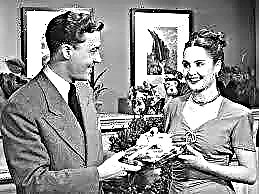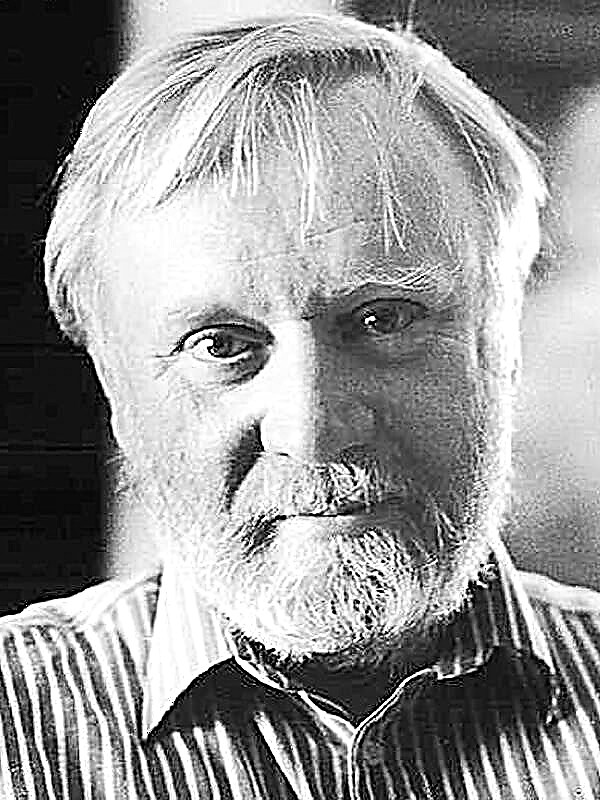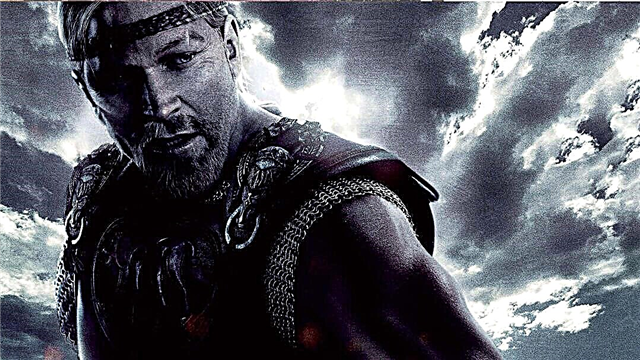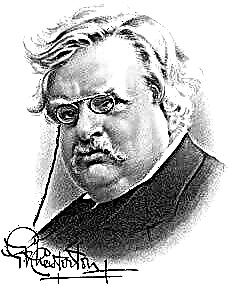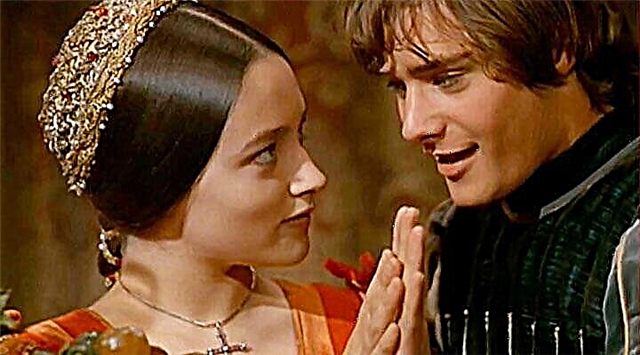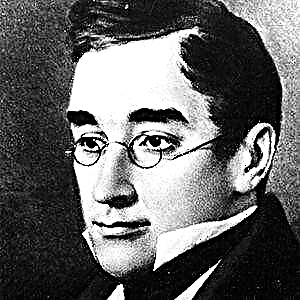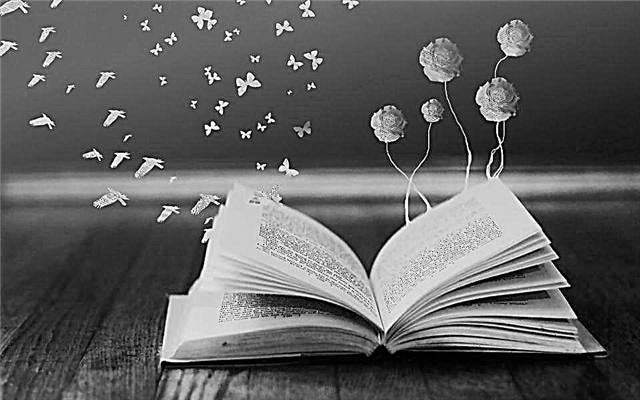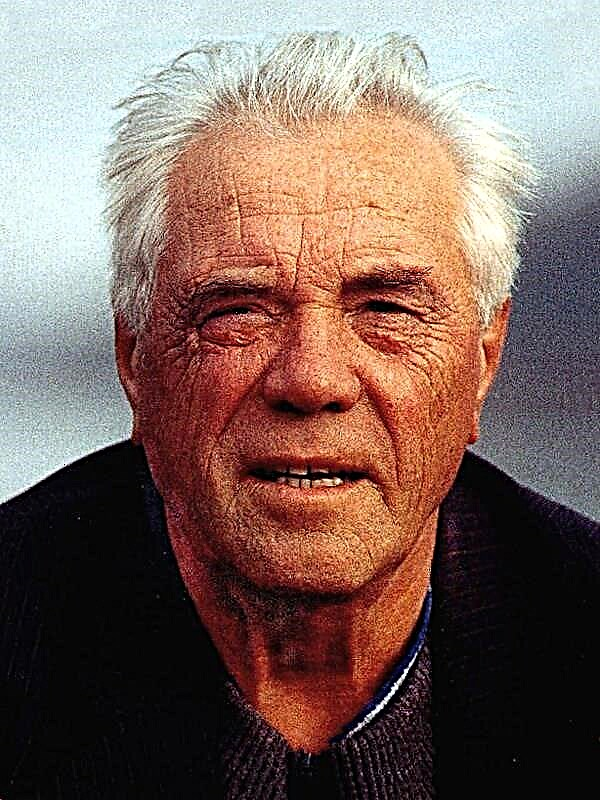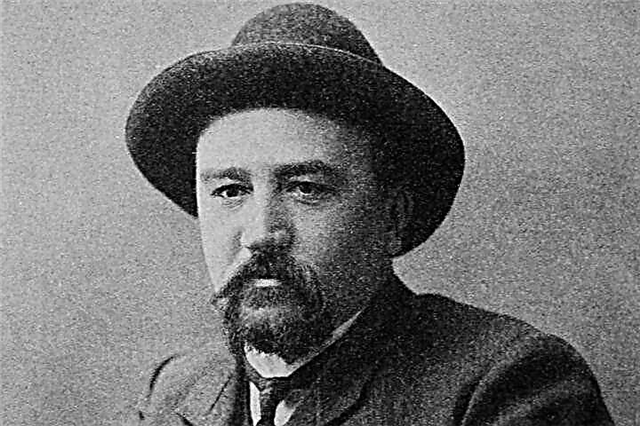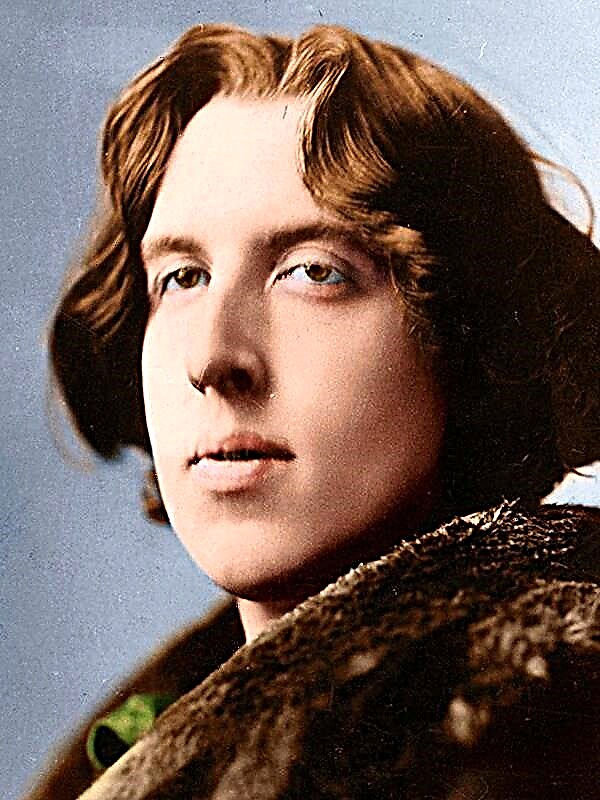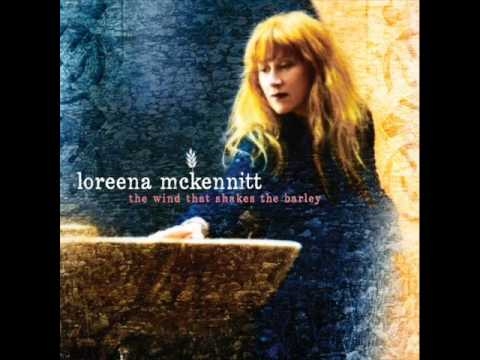Share
Pin
Tweet
Send
Share
Send
Here are collected problems from texts to prepare for the exam, which are most common for applicants. For each of them, literary arguments are available, available for download in the form of a table, a link at the end of the article.
Choice in war
- N.V. Gogol "Taras Bulba" act of Andria.Nikolai Vasilievich Gogol touched on many topics that still seem relevant to us in his work “Taras Bulba”. Before the son of Taras, Andriy, there was a choice between love for a girl and love for his homeland, family. And in his case, the first option had more weight. The young man thought that thanks to his love for the Polish panel, he would be able to make excuses to his father. But his confidence was superfluous, since Taras could never forgive the betrayal, and least of all he expected that his son was capable of such an act. After all, Taras also had a choice: he could save his son’s life, but drop his own authority, which was like death in a war. Therefore, he kills Andria, cursing himself for reproducing him into the light.
- L.N. Tolstoy “War and Peace” - Andrey Bolkonsky. In the novel "War and Peace" you can find answers to any questions. As the Bible once taught people about life, so this work can serve as a guide for those who are full of spiritual quests. The personality of Andrei Bolkonsky in the novel is very multifaceted. His whole life is a daily encounter with choice. But perhaps the main question for him was how to behave in difficult wartime? Bolkonsky came from a noble family, was rich, and could well afford to sit out in the rear, when others would give their lives on the battlefield. But this man knew what honor and courage were. He always courageously went to the epicenter of battles, at first only for fame, but later realized that he was really ready to give his life for his homeland. Bolkonsky fought in the war, not trying to hide behind someone else's back. He was a man who deserved the title of a hero, and committed heroic deeds until his death.
- Vasil Bykov “Obelisk” - Ales Ivanovich Moroz. In his heroic story Obelisk, Vasil Bykov tells us the story of a simple school teacher who became a hero during the Great Patriotic War. Ales Ivanovich Moroz belonged to this type of teachers who literally lived their own business. In his heart there was always a desire to teach children not only to remember stupid language and rules, but also to be able to think. Naturally, such a person saw much more in his students than just schoolchildren. And in a critical situation, when he faced the choice of whether to defend his charges, he did not doubt for a second. He knew that their lives were in his hands, and it was their duty to save them.
Love choice
- L.N. Tolstoy "Anna Karenina."Probably, every person has ever faced the problem of love choice. “Anna Karenina” is the most famous love story, where the main character also has to choose. And the decision affected the whole future fate of Anna. She came to the intersection of two lights. On the one hand there was a family - a dearly beloved son, but an unloved husband, and on the other - incredibly deep, passionate feelings for Count Vronsky. The heroine preferred ardent love instead of a quiet and peaceful existence in the family circle. She loses power, respect in society, closes her eyes to everything because she understands that she will not be able to live life with a cold and prudent person. But Tolstoy shows that even the choice of sincere love can become fatal. Anna falls under the oppression of high society, loses everything that was dear to her, and decides to die so that the pain finally ceases to torment her daily.
- Leo Tolstoy “War and Peace” - Natasha Rostova. Natalya Rostova is one of those heroines of Russian literature who have faced the problem of choice throughout their lives. But, probably, the most important choice nevertheless concerned love. She, in her childhood naivety, decided on a relationship with Anatoly Kuragin, not even suspecting that he could deceive her. Bolkonsky’s cold love was not enough to melt her heart, and she makes a big mistake when preparing to run away with Kuragin. Perhaps, if not for this betrayal, their love with Prince Bolkonsky would have continued for a very long time. But Tolstoy wanted to show how fleeting decisions are, and how much we can sometimes regret them.
- A.S. Pushkin "Eugene Onegin" Tatyana. Of course, in the "encyclopedia of Russian life" a love theme should be touched. The main character Tatyana is faced with a love choice that was associated with her future and past. Having fallen in love with Eugene Onegin, while still quite young, she could not think that this handsome and intelligent man could refuse her this feeling. But that’s exactly what happens, and it breaks the girl’s heart. Many years pass, and Tatyana blossoms, becomes more mature and smart. The marriage with the general brought a lot of new things to her life, the changes benefited. When Eugene meets her and now already offers his love, she refuses. Tatiana understands that exchanging her current quiet life for maybe a second happiness with Onegin would be stupid. In this choice, she is guided only by cold reason, because her feelings had faded by then and were not allowed to act recklessly.
Moral choice
- F.M. Dostoevsky "Crime and Punishment" Raskolnikov. "Am I a trembling creature or do I have the right"? - this is the main life question of a poor student Rodion Raskolnikov. This confused young man has embarked on a very dangerous path, which leads him to even more dire consequences than ordinary poverty. He chooses to kill, thinking that this step will exalt him, make him a winner, a man to whom everything falls into his hands from heaven. But Rodion did not know how wrong he was. He could not soberly evaluate himself, and instead of soaring, he tumbled down with a stone, into the abyss of despair, remorse and constant fear for himself and his loved ones. Dostoevsky was a very good psychologist and wanted to show what could happen to a person who has reached the extreme degree of insanity, and how he will try to survive in these conditions.
- N.S. Leskov "Lady Macbeth of Mtsensk". Lady Macbeth's name has been shrouded in an ominous veil of secrecy since the time of William Shakespeare. Leskov makes the main character of his work even more legendary, because he highlights the whole work for her. Katerina Lvovna faced a moral choice in her life. It was a kind of test for the level of evil that a person can commit. In her case, he was the maximum. The heroine has played so much love that she does not disdain to bathe in blood for the sake of a few seconds of bliss with Sergey. Many will think that the situation in which Katerina found herself did not leave her a choice, but still the choice was very sinister. Lust and greed added weight and persuaded a woman to take the lives of many people. But, to a greater extent, it was a cold calculation, albeit based on emotional instability.
Choosing a Life Path
- A.P. Chekhov "The Man in the Case." The protagonist of the story “A Man in a Case” is a clear example of what lifestyle a person can choose for himself. Someone opens up to everything new and interesting, communicates with people every day and enjoys all the moments of life, while someone closes deep inside himself and does not allow circumstances to change the existing order of things. And at the same time, a person consciously limits himself from everything that can bring joy, literally buries himself alive. Belikov independently takes a brush and paints his life in black and white, fixes the framework of conventions around him, because he believes that everything should happen according to a previously known scenario. Any life shocks and shifts can greatly cripple the psyche of people like Belikov, but Chekhov shows an even more sad result in the history of this person
- M.Yu. Lermontov "Hero of our time." This is the first psychological novel that tells the story of a man with a deep personal tragedy in his soul. Pechorin is an ambiguous character who, although he does not give up all the pleasures of life, still chooses for himself cold isolation and solitude. Here you can consider a problem of a deeper scale: the hero chooses loneliness for himself, since collisions with the outside world bring him only misfortune. For all his life he had no real friends, and in love this man also remained deeply unhappy. His choice fell on a feeling of hatred and contempt for everything that surrounds him, including people. He accepted it on the basis of life circumstances that made him what he eventually appears to readers.
- I.S. Turgenev "Rudin".Turgenev in his novel "Rudin" wanted to show readers the image of a man who is usually called "superfluous." After all, this is how the main character feels throughout the events of the novel and to the very end, when despair leads him to the barricades. Dmitry Rudin is accustomed to arrogantly and impudently treat people who are in his company. Thus, he seems to erect a barrier within himself that prevents sensitivity from coming into the light. He attaches too much importance to his person, which is why many involuntarily penetrated him and fell in love. But, the problem is that behind all this hypocrisy and lying tirades, ordinary self-doubt hid. He also chose the path of constantly restricting himself from life, because he thought that this would make him happy. Rudin plays with his own life, putting on various masks daily, and as a result cannot make important decisions that can completely change his fate. The only truly bold act of his life was to participate in the French Revolution and the desire to die as a hero.
Share
Pin
Tweet
Send
Share
Send

